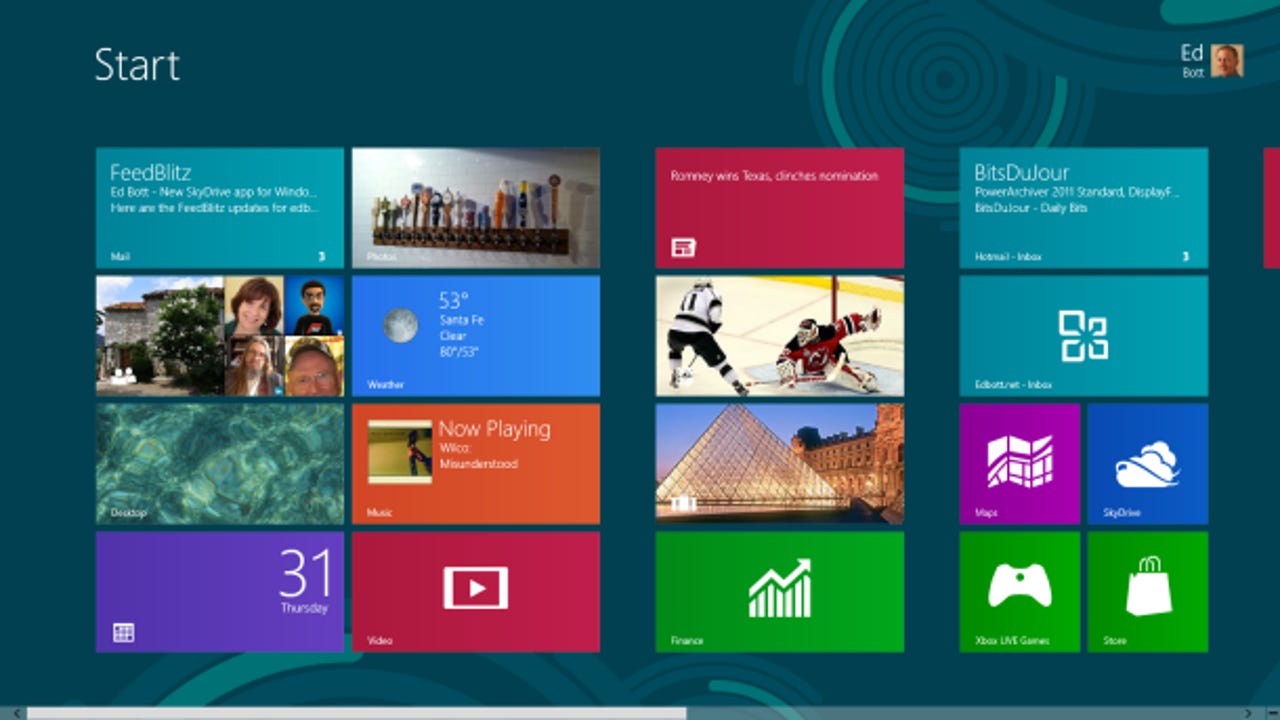Adobe Flash lives in Windows 8 to die another day

If you thought Flash was "dead", think again.
Despite the company's bid to move Flash away from mobile browsers, the popular Web browser plug-in still reigns as one of the most important additions to the desktop browsing experience.
Flash seemingly remains at the discretion of companies like Microsoft and Google to include it in their browsers. For Microsoft's next round, the company badly wanted Flash to be a core part of the Windows 8 experience.
Crucially: why?

A leaked memo from Adobe's Danny Winokur shows how close the partnership is between Microsoft and Adobe to bring Flash support to Windows 8, reports The Verge.
Responding to rumours that Adobe licensed Flash code to Microsoft, Winokur says this is "not the case." He said Microsoft's customer feedback showed strong support for Flash as part of the Metro style browsing experience, and invited Adobe to lend a hand.
"We have been working closely with Microsoft to ensure a great Flash experience in Windows 8 and recently finalized an agreement that is the basis for today’s release. Our work together has to a large degree focused on integrating Flash Player into Metro style IE10 with special privileges that enable it to run while other plugins still cannot (consistent with Microsoft’s earlier announcements about plugin-free browsing).
We did this work with their support and cooperation on integrating with IE and Windows. We will deliver future updates to the Flash Player (both security and feature upgrades) through Windows Update in much the same way that Microsoft updates IE itself."
For Microsoft to update third-party software plug-in like Flash through Windows Update is a rare move for the software giant, which again shows how crucial the tight Flash--IE10 integration was.
Windows 8 is split between the desktop and the tablet. It's proportionally weighted towards the desktop but Microsoft wants to chip in to the tablet market --- anything to get a one-up over their Cupertino rivals.
Currently, the only tablet that runs Flash is the BlackBerry Playbook. BlackBerry 10 will have Flash, but it is maintained by Research in Motion independently of Adobe. The iPad does not support Flash, nor will an iOS product likely ever.
Android has a basic-level of Flash integration in its legacy browser, but is being phased out in favour of a mobile version of Chrome that does not support Flash. It's possible that Android "Jelly Bean" will remove Flash support in the legacy browser in favour of mobile Chrome, which should be out of beta by that point. It all depends on which default browser Google will choose in the forthcoming Android release.
With this, Windows 8 will now support Flash. That is a huge selling point for Flash developers, legacy application makers, and those stuck using Flash elements in older enterprise Web applications.
There's nothing more depressing than a Flash-generated pie chart in this day and age.
Having said that, ZDNet's Ed Bott explains:
"That doesn’t mean you can go to any Flash-powered site and expect it to work. Microsoft is carefully curating the whitelist of apps that can use Flash Player in the Metro style browser and applying it via its own compatibility settings."
Bott notes the "obvious addition" is YouTube, which previously did not work on the Windows 8 Consumer Preview. The day Google-owned YouTube ceases to support Flash is the day we know the once-loved Web plug-in is off to meet its maker.
I doubt whether Flash integration will make enterprises or business users jump faster at Windows 8-powered tablets. Additions like Office and all the usual trimmings will keep the tablet churning over, but analysts have already warned that Windows 8 may not get out the door as fast as they would like. If that's the case, it could leave a chunk out of Microsoft's Christmas holiday sales.
Related:
- Microsoft's Windows 8 Release Preview: What's in and what's out
- Ed Bott: Windows 8 Release Preview: Microsoft gets its apps together
- Windows 8 from every angle: A guided tour of the Release Preview
- ZDNet: Windows 8 Release Preview vs. Windows 7: Benchmarked
- AMD releases Catalyst drivers for Windows 8 Release Preview
- CNET Review: Windows 8 Release Preview
- Where to get the Windows 8 Release Preview